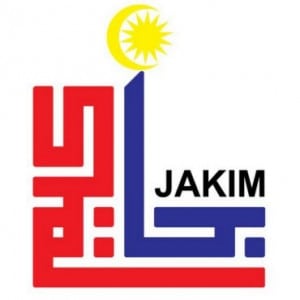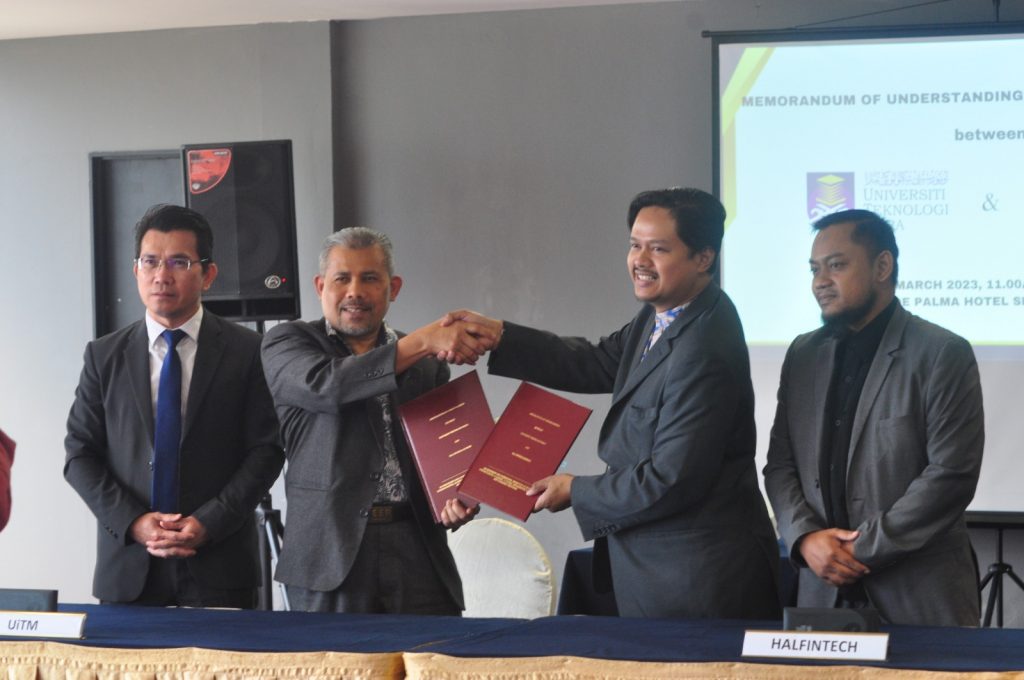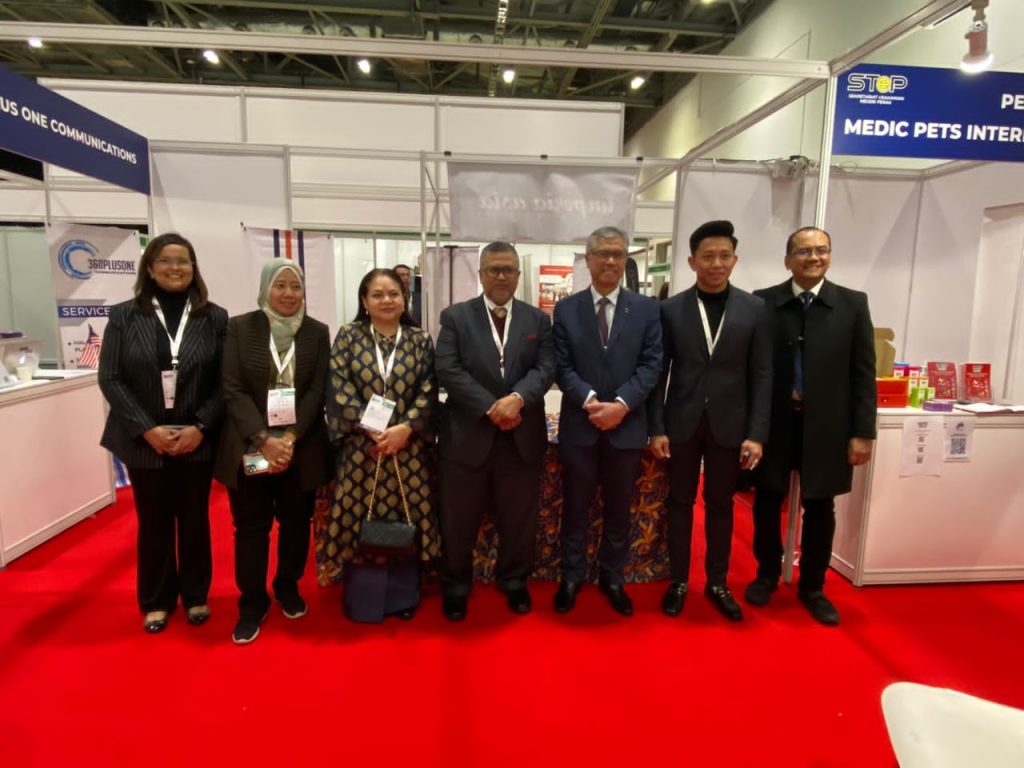Halal certification is now essential to access international markets such as Indonesia or the Middle East
by AFIQ HANIF / pic MUHD AMIN NAHARUL -THE MALAYSIA RESERVE
 MALAYSIA is a predominantly Muslim country where halal certification has always been important for businesses.
MALAYSIA is a predominantly Muslim country where halal certification has always been important for businesses.
Halal certification is the process of certifying food and other products that are permissible under Islamic law. The certification is essential for businesses that operate in Muslim-majority countries, where Muslim consumers form a significant portion of the population.
The importance of halal certification goes beyond religious beliefs, and has significant economic, social and cultural impacts. In recent years, halal certification has become an important consideration for businesses operating in Malaysia as it has a significant impact on consumer behaviour.
Getting halal-certified for one’s product is now essential in order to get a large customer database and access in not just local but international markets such as Indonesia or the Middle East.
According to statistical portal Statista, the global halal market is worth over US$2 trillion (RM8.97 trillion) and is estimated to grow to US$2.8 trillion his year.
The largest component of the halal economy in Malaysia is the food services sector, with business revenue in the sector estimated at US$31 billion in 2021 and forecast to reach US$47.6 billion by 2025.
With the Malaysia Islamic Development Department (Jakim) as its authority, Malaysia’s halal certificate which has been recognised around the world, ensuring the products to be safe, clean and easily worked in a marketing campaign.
Halal certification is essential for companies that operate in the food and beverage (F&B) industry as Muslim consumers will only purchase products that are certified halal. By obtaining halal certification, businesses can tap into a larger market of Muslim consumers, which can result in an increase in sales.
In Malaysia, where halal certification is becoming a necessity, businesses that obtain certification gain a competitive advantage and can set a business apart from its competitors. Not only that, the halal certification can also increase brand awareness, as businesses can promote their products as being halal-certified. The halal logo is seen as a mark of quality, and businesses that obtain halal certification can use it to build trust with consumers and promote their brand.

Comprehensive Halal Management System
Launched by the government in 2020, the Malaysia Halal Management System (MHMS 2020) is a comprehensive system and framework that ensures quality control as well as efforts to enhance the halal industry by taking Malaysia to the forefront of the global halal hub.
It provides guidelines and standards for halal certification bodies, halal auditors and halal assessors to ensure that they comply with international halal standards and best practices.
One of the key features of the MHMS 2020 is the use of technology to improve the efficiency and transparency of the halal certification process. The system includes an online platform for halal certification applications and a halal certificate verification system that allows consumers to verify authenticity of the certificates.
The MHMS 2020 also emphasises the importance of training and capacity building for halal certification bodies, including auditors, assessors as well as the issuance of the certification itself.
It provides guidelines for training programmes, and requires that all halal auditors and assessors undergo regular training to keep up-to-date with the latest halal standards and best practices.
The MHMS 2020 is expected to have a significant impact on the halal industry in Malaysia and the region. It is expected to improve the quality and credibility of halal certification, which will increase consumer confidence and attract more businesses to the halal market.
The system is also expected to enhance the reputation of Malaysia as a global halal hub and help the country tap into the growing demand for halal products and services around the world.
Halal certification is essential for F&B companies as Muslim consumers will only purchase products that are certified halal
Straightforward Process
A local restaurant owner, Mohamed Al Baihaki, praised the process of obtaining halal certification from Jakim, stating that it was easy and straightforward. He said that they had been able to obtain the certification quickly and with minimal hassle.
“The process involved ensuring that all food preparation processes were in compliance with the halal requirements set forth by Jakim. This included using halal ingredients and ensured that there was no cross-contamination with non-halal foods.
“Once these requirements were met, I was able to apply for certification through the Jakim website,” he told The Malaysian Reserve.
Mohamed also noted the application process was simple and could be completed online. The application form required information about the restaurant’s food preparation processes and the ingredients used in the cooking.
After the application was submitted, Jakim representatives conducted an inspection of the restaurant to ensure that all halal requirements were being met.
“I was pleased to report that the inspection went smoothly and that we were granted halal certification shortly after,” he said.
Mohamad added that obtaining halal certification from JAKIM was not only easy but also beneficial for his business.
“It has helped to attract a large and loyal customer base, increase the restaurant’s reputation and credibility, and open up new opportunities for business, such as catering for Muslim events and functions,” he said.
Meanwhile, a cosmetic product owner also spoke positively about the process of obtaining halal certification for their products. The owner, who wished to remain anonymous, explained that she has submitted an application for halal certification to the relevant authority and is currently awaiting approval.
Despite the wait, the owner praised the process of obtaining certification, stating that it had been easy and straightforward.
“They explained that the application process involved providing detailed information about the ingredients used in the cosmetic products and ensuring that they were all halal-certified,” she said.
According to the owner, the application form was easy to complete and the halal certification authority provided clear guidelines on what was required for the certification.
She also noted that the halal certification authority was responsive to her queries and provided prompt feedback on any questions or concerns she had.
“I believe halal certification is important for my business as it would help to build trust with Muslim customers and provide a competitive edge in the market. I am confident that the application will be approved and look forward to receiving the halal certification soon.”
The experience of this cosmetic product owner highlights the importance of halal certification for businesses looking to cater to the Muslim market.
With the growing demand for halal products and services, halal certification is becoming an essential requirement for businesses, and it is reassuring to know that the process is a manageable one.
In conclusion, halal certification is an important consideration for businesses operating in the Malaysian market. Halal certification provides numerous benefits, including increased sales, a competitive advantage, brand awareness, international market access, compliance with Islamic law and improved quality control.
As the demand for halal products continues to grow, obtaining halal certification is becoming increasingly important for businesses operating in Malaysia.
- This article first appeared in The Malaysian Reserve weekly print edition



